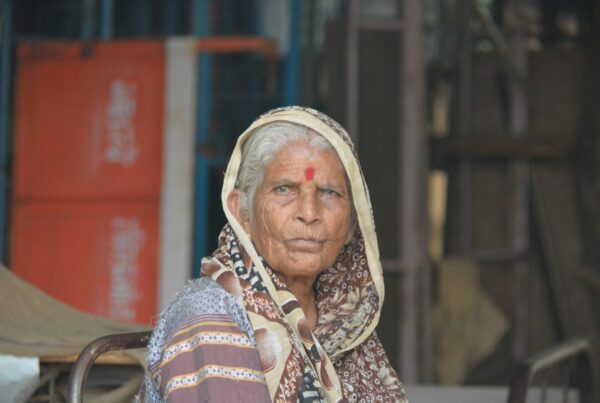Delayed marriages can contribute to an increased risk of infertility in India, though this is not the sole factor. The rising trend of later marriages, particularly in urban areas, can impact fertility in several ways:
Age-related Decline in Fertility
– Female Fertility: Women’s fertility tends to decline with age, particularly after 35. As women age, both the quantity and quality of eggs decrease, which can make conception more difficult. The chances of miscarriage, chromosomal abnormalities (such as Down syndrome), and pregnancy complications like gestational diabetes or high blood pressure also increase with maternal age.
– Male Fertility: While male fertility tends to decline more gradually than female fertility, age-related decreases in sperm quality (such as sperm count, motility, and morphology) can also contribute to infertility in men who delay fatherhood.
Increased Risk of Health Problems
– As individuals age, they may be more likely to experience health conditions that can affect fertility. Women may face conditions such as polycystic ovary syndrome (PCOS), endometriosis, and uterine fibroids, which can impact their ability to conceive. Similarly, men may develop issues related to sperm production or erectile dysfunction.
Lifestyle Factors and Delayed Marriages
– The delay in marriage in India, especially in urban populations, often coincides with career pursuits, education, and financial stability. This shift in priorities may lead to lifestyle factors such as stress, lack of physical activity, poor diet, and smoking or alcohol consumption, which can negatively impact fertility for both men and women.
– Additionally, late marriages often mean couples may face greater challenges in terms of achieving conception naturally. With advanced age, assisted reproductive technologies (ART), such as in vitro fertilization (IVF), may become necessary, though success rates are generally higher when these treatments are initiated earlier.
Cultural and Social Factors
– In India, there has been a cultural shift towards delayed marriages, especially among educated urban populations. However, social pressure and family expectations may contribute to the postponement of having children. As women delay marriage, they may also delay childbearing, increasing the chances of encountering age-related fertility challenges.
Access to Medical Care
– While delayed marriages may lead to infertility concerns, modern medicine, especially in urban India, has made assisted reproductive technologies (ART) and fertility treatments more accessible. However, the success of these treatments decreases with age, and the cost can be a barrier for many couples, especially in rural areas.
While delayed marriages can contribute to higher infertility rates, the issue is multifaceted. Age-related fertility decline is a key factor, but lifestyle choices, medical conditions, and access to healthcare also play significant roles. Awareness about fertility and access to timely medical interventions are essential to help couples manage these risks. It’s important for couples to plan their family-building years accordingly, keeping in mind the biological limitations associated with delayed marriage.




